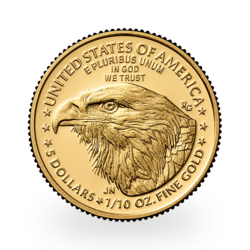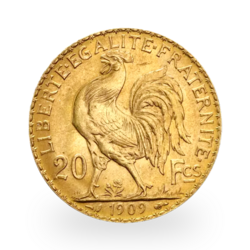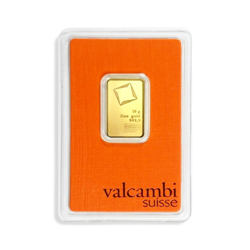Christine Lagarde was appointed President of the European Central Bank (ECB) on July 2, replacing Mario Draghi, and this is undoubtedly a victory for Emmanuel Macron because the prospective candidate, the German Jens Weidmann, had repeatedly criticised the ECB's lax policy. His appointment would have meant a rise in interest rates, and therefore major difficulties for highly indebted countries such as France.
But what can we really expect from the former IMF President, who never headed a central bank, unlike her predecessors? To answer this question, we rely on a memo from the American bank Goldman Sachs, which was included in the July Monthly Bulletin of Agence France Trésor (page 2), the department of the Ministry of the Economy responsible for managing the public debt. We will not fail to be surprised by such a conjunction, as if the world of high finance - public and private - were to open the champagne on this occasion.
Based on Christine Lagarde's statements over the past five years, the memo concludes that her views "point to broad continuity of ECB policy and we would expect her to support President Draghi’s recent shift towards additional easing". We thought we'd hit rock bottom, but no, it'll be even worse!
The memo points out that Lagarde was a vocal advocate for both quantitative easing (QE) and negative interest rates initiated in 2013-2014 to stall further declines in inflation and support weak demand. Lagarde considers that these actions should continue until “private demand has fully recovered” and the labour market returns to full employment. For her, low inflation is a “clear sign” that resources remain underutilized.
Christine Lagarde therefore does not understand that zero rates contribute to this anemia of the economy by allowing large uncompetitive companies to continue to exist by incurring debt (the "zombie companies"), which generates production overcapacities that weigh on prices. Beyond that, she does not understand that what is hindering growth in Europe comes from excessive taxation and an invasive bureaucracy (European and national). The fast-paced fight against global warming is also contributing to this, and it is raising the cost of energy, which is weighing on companies' accounts and household demand.
Growth has returned to the United States, while the Fed's key interest rate is clearly higher than the ECB's. What did Donald Trump do? Lower taxes, deregulation, abandonment of wind power subsidies and development of fossil resources (shale gas, we have some in Europe). What are we waiting for to do the same? When ideology (statist, ecologist) is put forward, good economic results are not to be expected.
In the event of a crisis - banking or sovereign debt - no worries, Christine Lagarde has "strongly supported" President Draghi’s “whatever it takes” approach to managing the European debt crisis. It's so easy, let's make the printing press run rather than tackle the root of the problems (budget deficits, especially in France, too many banks with rotten balance sheets, in Italy, Greece, or Germany with Deutsche Bank)...
A monetary policy that goes even further than Mario Draghi's would clearly put the euro at risk, and from a certain point on, mistrust of the central bank translates into hyperinflation. Or a massive banking crisis will blow up the whole system. In all modesty, we advise Christine Lagarde, whose official inauguration will take place on November 1, to work on the classics of the Austrian school (Mises, Hayek, Rothbard) by then. It would be a more than useful summer reading.
Reproduction, in whole or in part, is authorized as long as it includes all the text hyperlinks and a link back to the original source.
The information contained in this article is for information purposes only and does not constitute investment advice or a recommendation to buy or sell.

















